Application of Game Theory To International Politics:
In the study of international politics, the game theory has been put to maximum use by Morton Kaplan, William H. Riker and Thomas C. Schelling, who have all tried to apply it in the field of international politics rather than domestic politics. Morton Kaplan describes game analysis as “the best tool available for the analysis of the problem of strategy”; if properly used it is “likely to increase the exploitation of success in the policy”. According to him, the whole universe is a system. He begins with the presumption that this theory is very useful for analysing the problems of strategy and can be successfully used in policy-making processes. But his own analysis in ‘System and Process in International Politics, says S.P. Verma, ‘does not bear out his claims. In two of the three chapters on “strategy and statecraft”, where he was expected to deal with problems of application, he just ends up with a technical discussion which is only vaguely linked to empirical ‘decision-making’. His abrupt and disconnected style of writing hardly does justice to his claims of the game theory. This theory cannot be applied to political phenomena in the way Kaplan has tried to do. As Meehan rightly remarks, “Kaplan’s basic dilemma is a desire to make use of game theory in a way that simply cannot be justified at present”. To quote Anatol Rapoport, applied game theory must in some way provide real solutions to real problems, and real problems are exceptionally difficult to handle within the game matrix.’ This approach is exclusively based on the concept of rationality which does not seem to work satisfactorily in politics.
Riker was another important thinker who applied the model of the game theory to the understanding of international politics. The model used by him is an n-person-Zero-sum game, which assumes that all the players are rational and provides complete information about bargaining capacity. Riker, however, has modified the concept of rationality as he bases his analysis on the state of information available in a particular system at a particular time. His primary objective, writes S.P. Verma ‘in applying the game theory to international politics is to find out some of the general principles that govern the formation of coalitions and associations whose decisions are controlled by the coalition’. He developed three major principles from the model of game theory to apply to empirical or historical data; namely size, strategy and disequilibrium. According to S.P. Verma, ‘His (Riker’s) understanding of the size principle leads him to conclude that the attempts to form a coalition are not aimed at merely enlarging itself. The size of the coalition is kept just as large as the decision-makers believe will ensure winning. This also depends on the information available regarding various principles of the coalition.
Coalitions, as Riker has pointed out, begin as “proto-coalitions” but the aim is to convert, a proto-coalition into a “winning coalition”. This is to be done by the strategic principle. By the strategic principle, Riker meant the players keep on changing their strategy for the purpose of having the best possible pay-off.
Thirdly, there is the disequilibrium principle by which Riker meant that politics is always unstable. He has thus tried to point out that it would be wrong to say that politics, simply because it is rational, is necessarily stable. In every coalition, there is always the element of instability and disequilibrium. In his own words, “In the fall of leaders, men and nations alike, it seems to me that miscalculations of leader themselves, their overspending, their restless search as Hobbes puts it, for power; after all, power, is the primary factor to the change of weight and if this is so, then the decision-making system is in disequilibrium unavoidably and absolutely”.
Thomas Schelling was another political scientist who also applied the game theory to international politics. Schelling’s work is, writes Meehan “at once a substantial contribution to the development of game theory and a good example of the usefulness of what might be called “a game theory approach” to the study of political problems”. In the words of S.P. Verma, ‘Schelling is, in fact, in search of a game theory which can be applied more usefully by the social scientist and, therefore, is prepared to give up the formal completeness and precision of the theory in order to make it useful. Schelling has suggested some fundamental changes in the typology of games. According to Schelling, the typology of games insists on prior conflict games. Most international relationships involve a certain degree of conflict and a certain amount of mutual dependence. To deal with such situations, Schelling has introduced a concept of what he calls “bargaining gains” or “mixed-motive” games. Schelling has also incorporated into his concept terms like ‘making threats’, ‘giving promises’, ‘relinquishing the initative’, ‘identifying friends and enemies’, ‘delegating authority’, ‘accepting mediation’ etc.
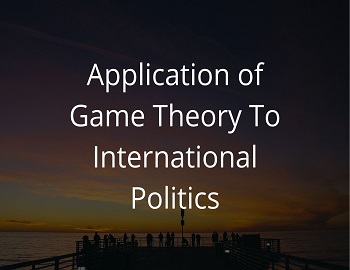
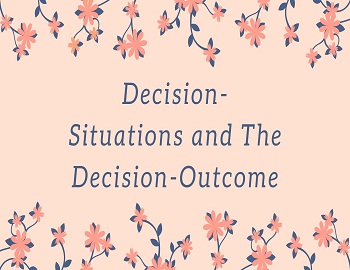


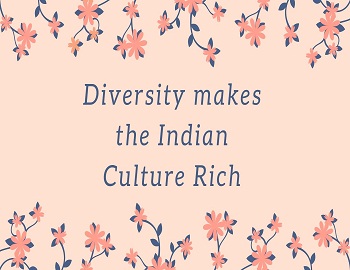

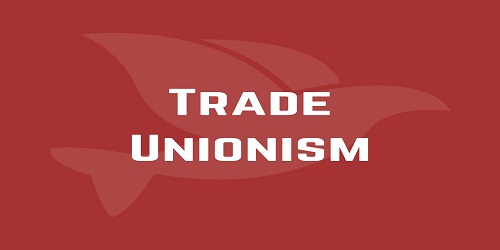
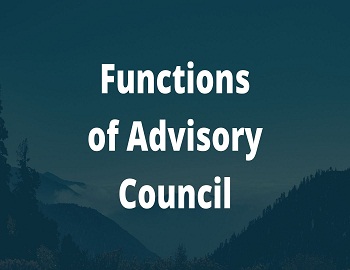

Comments (No)